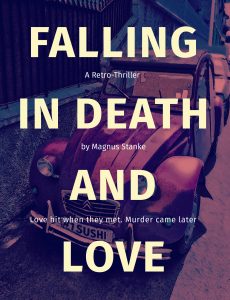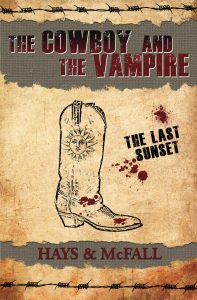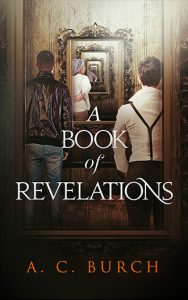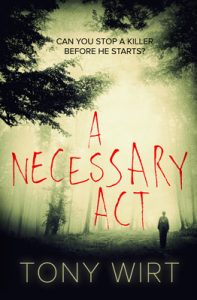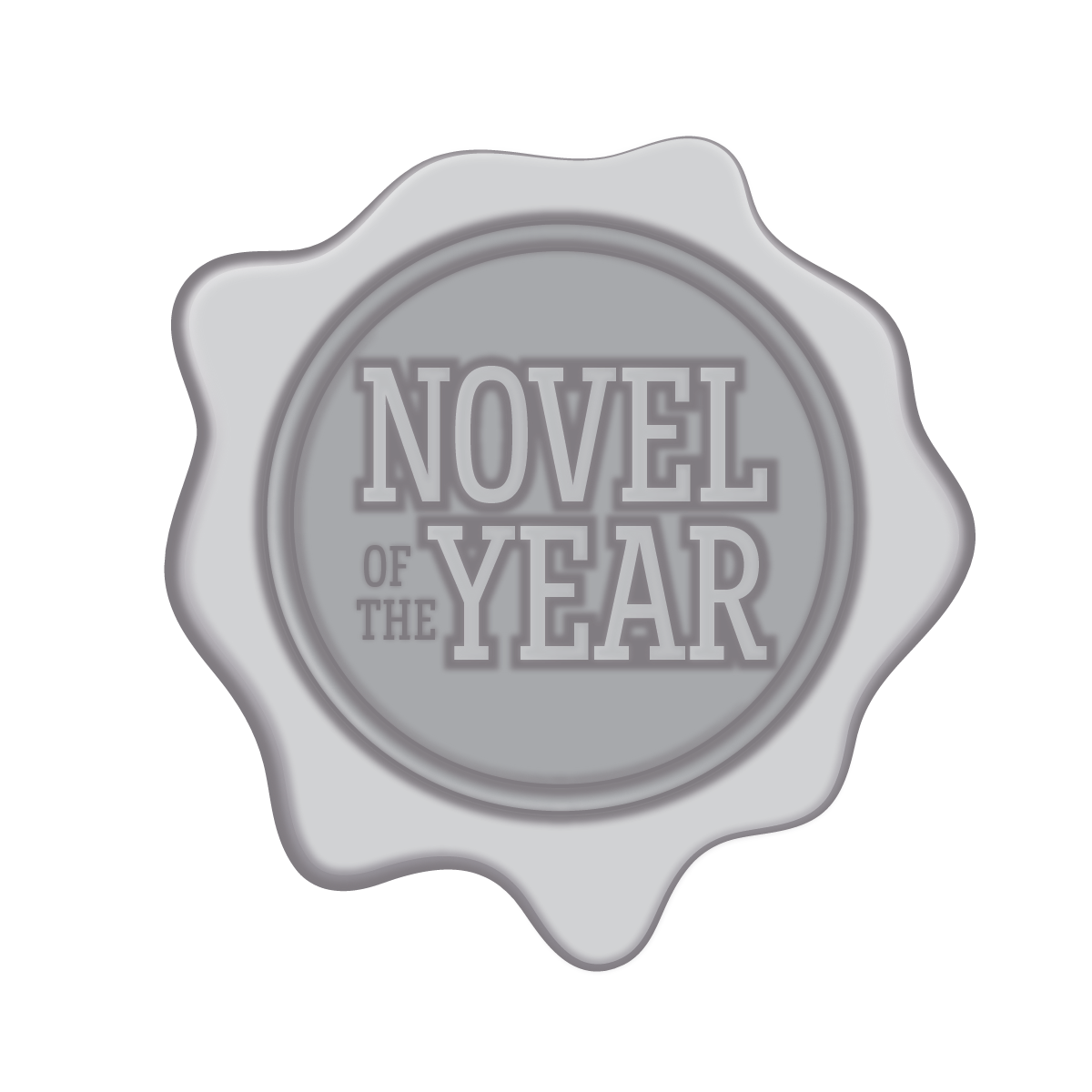The Rundown
The Recommendation
The Rating
The Links
The Reviewer
Renee Miller
Visit Renee Miller‘s website.In my previous article, I outlined how I edit my manuscripts. The most important part of my editing process, in my opinion, is the line edit. I know this is confusing for some writers. I mean, isn’t all editing a line edit? We read every line, after all. Not exactly. For me, line edits are a massive undertaking and possibly the most intimidating step in my self-editing process. Sometimes I know I’ve made a colossal mess in my first draft, so I cry a little when I know it’s time to edit, because I really don’t want to “see” the mess I’ve made.
Now, you may have heard other writers claim it’s not necessary, because that’s what the editor does. Those writers are wrong. A line edit finds errors that shouldn’t be there when it gets to an editor. These days, publishers want as close to a ready-to-publish manuscript as possible, and for indies, an editor likes these things too, because it frees him to look at other issues. Without a line edit we don’t even come close to a professional level of polishing, which is what you should strive for.
So, what is a line edit? First, when I line edit, I start at the end; at the very last sentence. The reason for this is I know what I’ve written. Could probably recite it in my sleep. So, if I begin at the start of the story, my brain falls into the rhythm of what I’ve already read more times than I care to count, and it ignores mistakes. My brain knows what should come next, so that’s what it often sees, even if that's not what's on the page. Starting with the last line of the story and working backward enables me to see the words and the punctuation clearly.
One sentence at a time, I search for grammar and syntax errors (I’ll get into this in more detail in a future article), rogue commas, run-on sentences, sentence and vocabulary variety, etc. By going one line at a time, in reverse, my brain can more easily address each sentence on its own. It doesn't see anything that isn't there.
Next, I make a list. I’m not even going to pretend this is fun. It’s tedious and I hate it, but I do it anyway. I note words that I repeat (and you do notice them while reading in reverse), unusual word choices, words I may have misused, and so on. I also note the pages these words appear on (easier to find later). I also make a list of characters. On this list I include names, descriptions and any other distinctive details about that character. Doesn’t matter how minor or if the character is only mentioned in passing. Sometimes I do this during outlining, and then I go back and check my info later, but most of the time, I leave this to the line editing stage.
But we’re not done with the lists yet. After I make those lists, I begin another with places, dates, times, addresses, mentions of products, such as vehicles, foods, etc., foreign languages, actual historical events/details, and anything else I may have messed up during my research stage, so I can fact check once I’ve finished editing. For example, I had a kid wearing Spider Man pajamas in a time period when such pajamas did not exist (my story took place a couple years before they were available). Crazy, right? I also changed the name of the place I set my story in THREE TIMES in another manuscript. How does that even happen?
Now, when you’re done, you’ll have caught most mistakes (or should have) and you’ll have these pages of lists that you probably want to burn. Don't do that yet. Using those lists, I correct issues with character names, such as different spellings (Once I named a guy Carl at the start and started calling him Joe half-way through. I know. WTF, right?) You might find you cited little Martha as 12 years old on page 8, and then suddenly, she’s 16 on page 200, but only a year has passed in the plot. I mean, get it together! You might also find you’ve used the word “just” 2066 times. That’s just a little ridiculous. So you’ll have to go back through and delete about 2060 of those. (Use the “find” feature in Word or whatever writing software you use to quickly annihilate such heinous mistakes.)
This process seems excessive and time consuming. Surprisingly, the line edit takes very little time (for me). Usually, it takes a couple of days if I can devote a few hours at a time to it. I find errors on every single page, and my lists are often long. And when I’m done, editors STILL find things I’ve missed, so imagine what that poor editor would find if I didn’t take the time to edit this thoroughly.
You may feel this is crazy, and choose not to edit as thoroughly. That’s up to you, but keep in mind that no matter how obsessive we are when editing, there will be things we miss. The line-edit and the list making cuts down those missed errors significantly, so it’s worth doing, in my opinion. Self-published authors in particular should consider this a must-do step in the publishing process, because a lot of us can’t afford to pay someone to do such an exhaustive edit.
PS: One of my favorite tools for my lists is a spreadsheet in MS Excel or a similar program. It allows me to see at a glance the issues I have to fix and keeps my hand from cramping, but pen and paper works well too. It’s up to the writer. I know a lot of people have zero patience for spreadsheets.
So, there you have it. Line editing. Giving birth would probably be less excruciating (yes, I’ve done both), but it’s so worth it.
Before I go, I’ll leave you with some common problems that I look for during line edits:
Contractions vs. Possessives and Sound-Alikes: For example: it’s/its, they’re/their/there, who’s/whose, to/too/two, and you’re/your.
Stressed-Out Sentences: Don’t expect too much from a single sentence, because it’s also asking a lot from your reader. Here and there, these sentences are okay, but if you tend to "run on" a lot, well, it’s a chore to read and the reader might give up. If you find words like that, however, because, or, and, as, and while, you probably have a sentence that could be simplified or rewritten to make two or more easier-to-digest sentences.
Punctuation: I think this is self-explanatory; lost periods, rogue commas, open quotes, etc.
Weak stuff: We all have favorite words, and some of them are weak simply because we use them too often. Most of the time, though, when I’m looking for weak words, I’m looking for specific words that I know I should avoid, like so, maybe, that, move, walk, like, very, and just. They add nothing most of the time, and I often use them out of habit.
Okay, that’s it for the second installment in my self-editing series. Got any editing tips or tricks that work for you? I'd love to hear them.
For those of you who nodded off, you can grab a coffee on your way out and maybe wipe the drool off your chin. It's kind of gross. To everyone else, happy editing!


